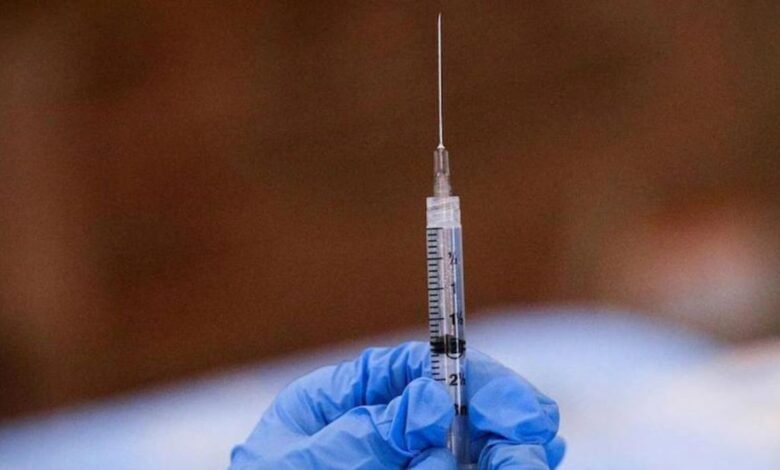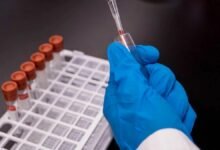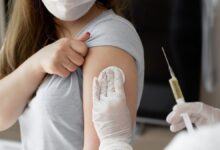Cervical cancer prevention gets a leg up with first indigenously developed vaccine Cervavac

Cervavac promises better prevention from being afflicted by the dreaded cervical cancer ailment
A breakthrough has been achieved in India’s wholehearted efforts towards prevention of cervical cancer. The nation has produced its first indigenously developed vaccine Cervavac, which promises better prevention from being afflicted by the dreaded ailment.
The scientific completion of the quadrivalent Human Papilloma Virus (qHPV) vaccine has been confirmed. The confirmation was made in the presence of Adar C. Poonawalla, CEO, Serum Institute of India, Pune, and other prominent scientists. According to Union Minister Dr Jitendra Singh, the vaccine comes across as affordable and cost- effective.
The most promising intervention for preventing cervical cancer is vaccination against human papillomavirus (HPV). It is estimated that HPV types 16 and 18 (HPV-16 and HPV-18) together contribute to approximately 70 percent of all invasive cervical cancer cases worldwide.
Cervical cancer ranks second among most prevalent cancer cases
Cervical cancer currently ranks second among the most prevalent cancer cases in India and accounts for nearly one-fourth of the world’s cervical cancer deaths, despite being largely preventable. Current estimates indicate that every year approximately 1.25 lakh women are diagnosed with cervical cancer, and over 75,000 die from the disease in India. In India as much as 83 percent of invasive cervical cancers are attributed to HPVs 16 or 18, while it is 70 percent in cases worldwide.
Dr Singh stated that within a year of implementation, the Mission Covid Suraksha demonstrated major achievements, such as the development of the World’s first DNA Vaccine for Covid-19 by Cadila Healthcare which received Emergency Use Authorization on 20 August 2021, and supporting the development of the nation’s first mRNA Vaccine and intranasal vaccine candidate against Covid-19.
In this context, Cervavac assumes significance too. The vaccine is an outcome of a partnership between the Department of Biotechnology and BIRAC, along with the Bill and Melinda Gates Foundation, and supported by Serum Institute of India for the indigenous development of quadrivalent vaccine through its partnership programme ‘Grand Challenges India’.
DBT efforts to strengthen Indian vaccine research strengthened
It needs to be acknowledged that the Department of Biotechnology has made efforts to strengthen the Indian vaccine research and development over the past three decades. A number of key initiatives are currently being implemented to promote basic and translational vaccine research, including the Indo-US Vaccine Action Programme, National Biopharma Mission, Ind-CEPI Mission, and Mission Covid Suraksha.
The cancer vaccine is expected to aid Indian women and women across the globe in major way and it is likely that versions 1, 2 and 3 of Cervavac will come up in the near term.

